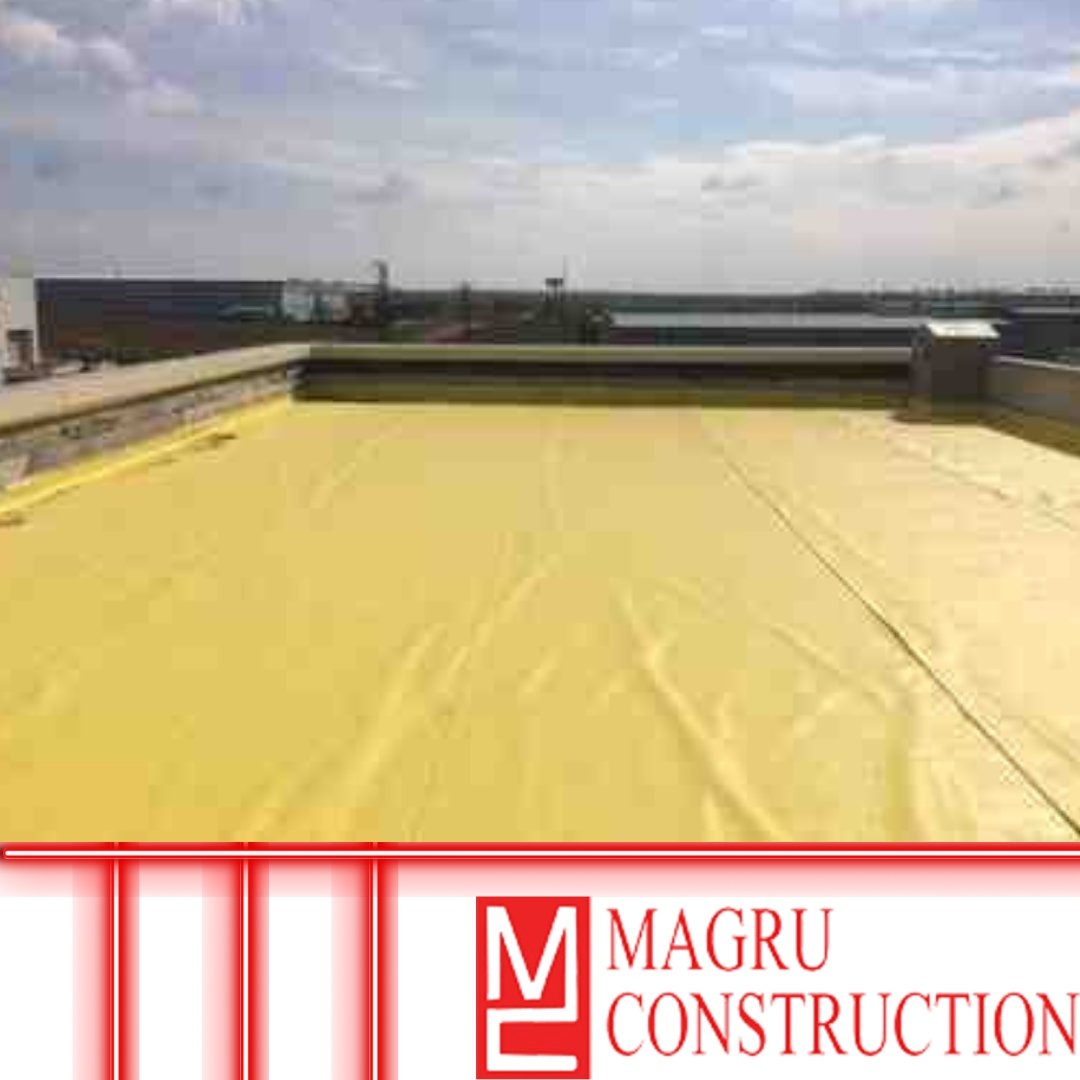 Waterproofing with PVC membranes offers several significant advantages, making it a popular choice for various construction and engineering projects. Here are the main benefits:
Waterproofing with PVC membranes offers several significant advantages, making it a popular choice for various construction and engineering projects. Here are the main benefits:
1. High Durability
PVC membranes are resistant to ultraviolet (UV) rays, ozone, aggressive chemicals, and biological factors like mold and fungi. This ensures a long service life, often exceeding 20-30 years.
2. Excellent Flexibility
PVC membranes retain their flexibility even at low temperatures, making them suitable for use in various climatic conditions without the risk of cracking or damage.
3. Seam Integrity
The seams of PVC membranes are easily welded with hot air, providing a high level of watertightness and impermeability. This minimizes the risk of leaks and ensures reliable protection against water.
4. Ease of Installation
PVC membranes are relatively lightweight and flexible, simplifying their transportation and installation. They are easy to cut, lay, and weld, reducing the time and cost of installation.
5. Environmental Safety
PVC membranes are free of toxic substances and safe for both the environment and human health. They can also be recycled after their service life ends.
6. High Mechanical Strength
The membranes offer high resistance to mechanical damage such as punctures, tears, and impacts, which is especially important for roofs subjected to heavy use.
7. Root Resistance
Some PVC membranes include special additives that prevent root penetration, making them ideal for "green" roofs and other applications where vegetation is present.
8. Wide Range of Applications
PVC membranes are suitable for waterproofing not only roofs but also underground structures, reservoirs, swimming pools, and other structures requiring reliable water protection.
These benefits make PVC membranes a versatile and reliable choice for waterproofing in construction and engineering.